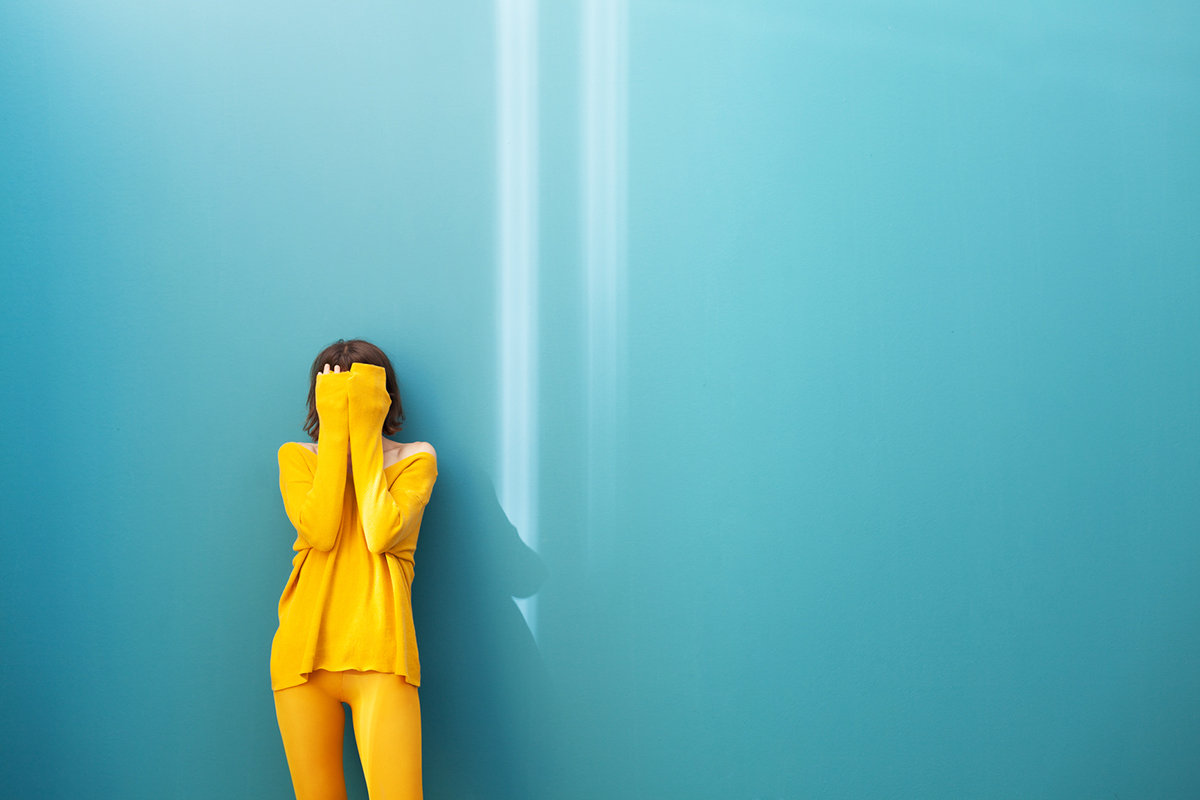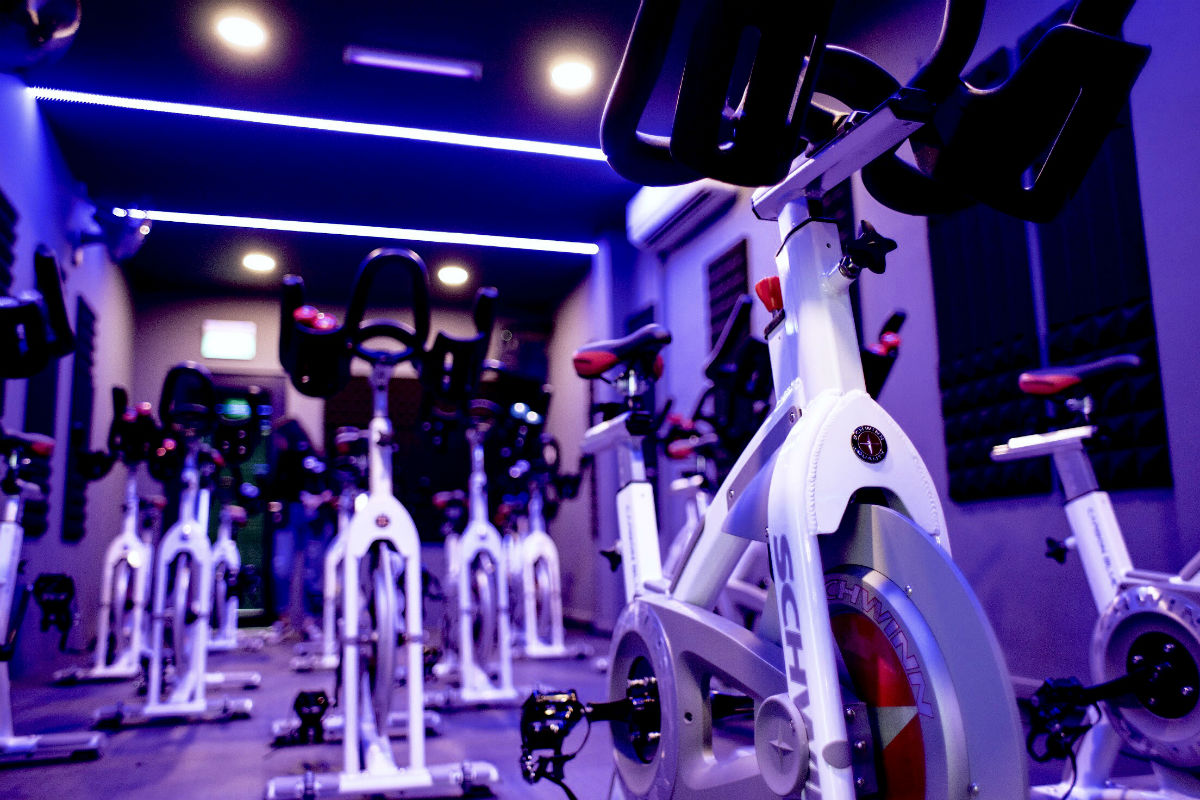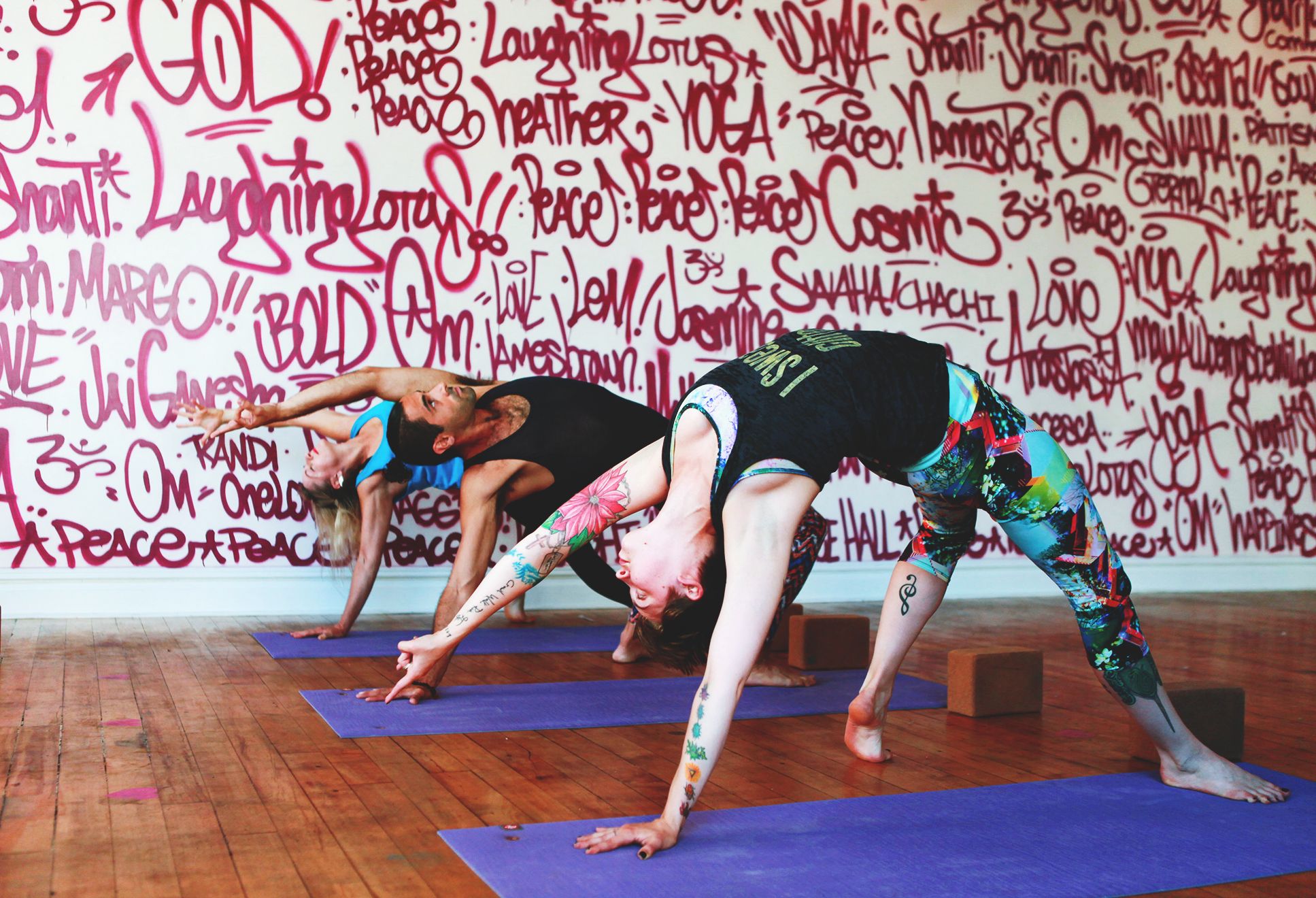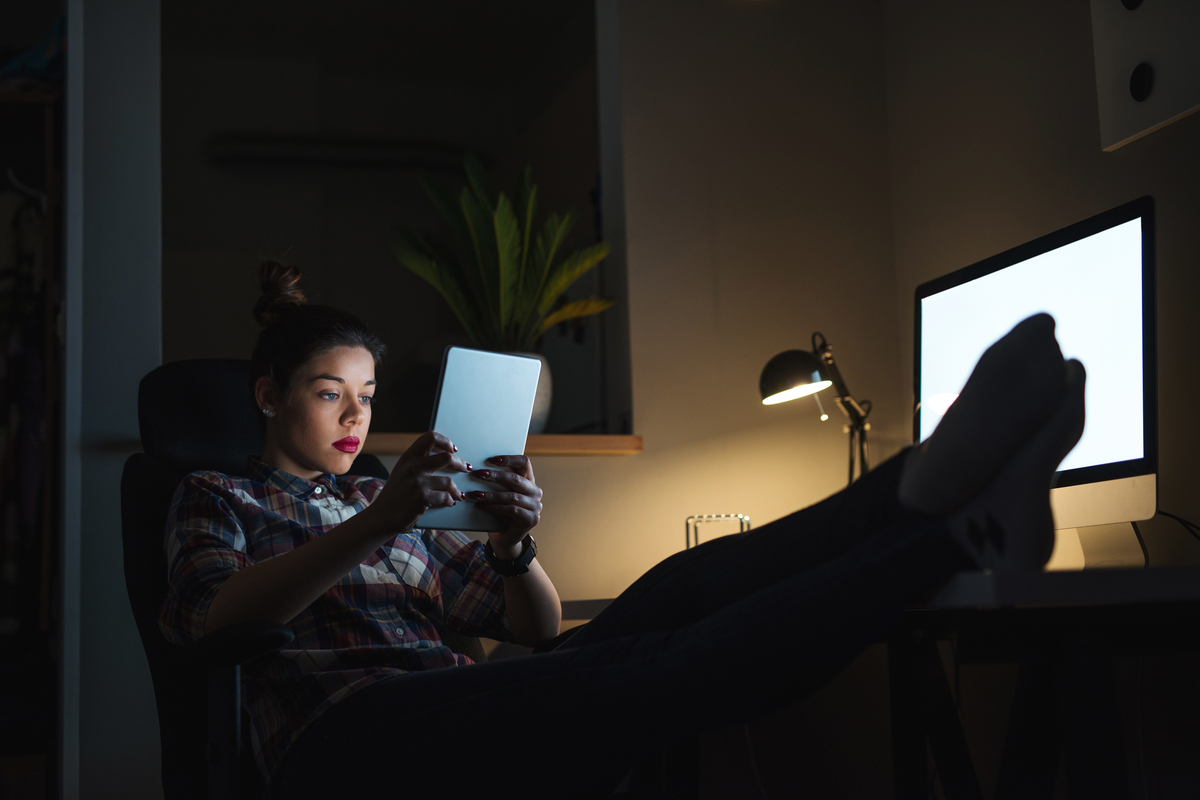
Social anxiety affects more than 15 million Americans. If you’re one of them, you might find yourself uncomfortable with social interaction, which can make everyday experiences challenging. So much of our lives is lived in the company of other humans.
While this disorder might conjure up images of someone who must live in complete isolation, social anxiety actually exists on a spectrum. It can have tremendous impacts on your social functioning (and yes, require you to avoid the presence of others), but it can also be mild to moderate, causing discomfort and worry about social situations past, present and future.
And now that different areas of the world are reopening after a long period of closure, it can feel weird to go back to normal. Party invites, football games and nights out at the bar may bring on an overwhelming sense of anxiety. But don’t worry – if you’re dealing with this, you’re not alone. In fact, we all deal with this to a certain degree in different situations.
“Social anxiety isn’t as clear as ‘you have it or you don’t,’” Vancouver-based clinical counselor and researcher Julia Kristina says. “There isn’t just one type. I think it’s safe to say all of us get anxious in certain social contexts, at least sometimes.”
Context plays a big role. “Social anxiety is all about worrying whether we will say or do something unknowingly weird, awkward or inappropriate in front of one or many people, and then be judged for it,” Kristina explained. “Whether it occurs at our place of work, at a social event or out anywhere with a group of people, it can really come up anywhere. Typically, we feel less socially awkward in with people we know better and feel more comfortable with. Being more comfortable usually means being less anxious.”
The rise in social anxiety may have something to do with the growing use of social media and other non-verbal forms of communication (texting and Snapchat, anyone?). According to a study at California State University Fresno, which showed that social anxiety surrounding face-to-face interactions is directly correlated with an increased use of social media. Like any skill, conversation and social interaction needs to be practiced to be kept sharp (and the sharper we feel, the less anxious we’re likely to be). It’s a bit of a catch 22, though: you need to steel yourself against the anxiety and find ways to move smoothly through the experience in order to practice feeling less anxious.
No matter the root of it, it’s normal to feel a little anxious sometimes, especially in novel situations, but as Kristina says, “It becomes problematic when the intense fear of being judged or criticized prevents us from doing anything at all. This can lead you to feel helpless, discouraged or frustrated, and may lead to feelings of loneliness and disconnection if you start to avoid situations you might otherwise enjoy.”
She sees social anxiety appear in her practice in many forms. “I’ve had clients tell me they don’t get out and do things because they are scared of looking dumb. Others say they’d really like to go out with their friends, but they get so uncomfortable in their own skin in groups of people they don’t know well, that they either end up backing out at the last minute, or leave events early and feel bad about themselves because they couldn’t get past the anxiety and stay and have fun,” she says
So what do you do if you find yourself worrying before a dinner out with friends or panicking that the work conference you have to attend will be full of awkward missteps?
How to feel less awkward in social settings
Kristina recommends filling up your toolbox of skills with a few different options to help navigate different situations.
Remember you’re not alone
Kristina recommends reminding yourself, “You are not the only person in the room feeling awkward,” citing a recent study that showed around 80% of people report feeling awkward and uncomfortable in social situations where they don’t know many people very well.
“Instead of walking in a room and panicking that everyone is going to see the discomfort written all over your face, seek out someone you don’t know—who also looks uncomfortable—and make a beeline for them. Strike up a conversation, beginning with something easy like how they know the host. There’s a good chance they’ll relieved to have someone to talk to, and you’ll both start to feel more at ease.”
Quell your anxiety by asking questions
Rather than worrying about getting into a conversation and then trying to come up with witty, intelligent, insightful or profound things to say, just start asking simple questions to the other person. You’d be surprised by how well you can keep a person interested and engaged when you simply show an interest in them.
Drop the label
The best thing you can do to combat your insecurity about social situations? Stop calling yourself awkward or socially anxious.
“Labeling yourself like this is not helping, at all,” Kristina says. “We all have preferred social settings in which we feel most comfortable. That’s normal. This is different for everyone. It doesn’t mean there’s something wrong with you.”
She recommends, instead, reframing the story you have about your anxiety by using a positive, affirming phrase like one of these:
I prefer small groups where I know every person well, or
I like getting together with people 1:1 so I can have a real, deep conversation without talking over loud music or getting interrupted, or
I feel more sure about myself when I am in a group of people with whom I have a lot in common.
Know that none of those things makes you awkward, just a person with your own unique preferences. Kristina suggests aiming not for perfection but simply to stretch your boundaries in situations that might otherwise make you uncomfortable.
Set a small goal
Don’t commit to being the one to lead a karaoke rendition of Journey while standing on a table if the thought of going to the party in the first place makes you jittery.
“Start small,” she advises. “Tell yourself you’ll talk to two people, smile at three, and then you can leave if you desire. You may find you’d like to stay longer, but you’ve given yourself permission to make an appearance, stretch your boundaries and head out after you’ve hit your goal.”
Build your confidence slowly and you might find that the ferris wheel of worry and self-doubt in your mind might stop spinning so quickly.
The big takeaway
Know that almost everyone else is nervous about that social situation you’re dreading. There’s something nice about the shared experience of feeling awkward together. Most of all, know that you have something interesting and worthwhile to contribute to the group and that anything you feel comes off as awkward is probably not nearly as bad as it seems. Smile, be willing to laugh at yourself and look for those little micro-moments of connection that make being human simultaneously so challenging and so beautiful.






One thought on “How to Not Be Socially Awkward”
Comments are closed.